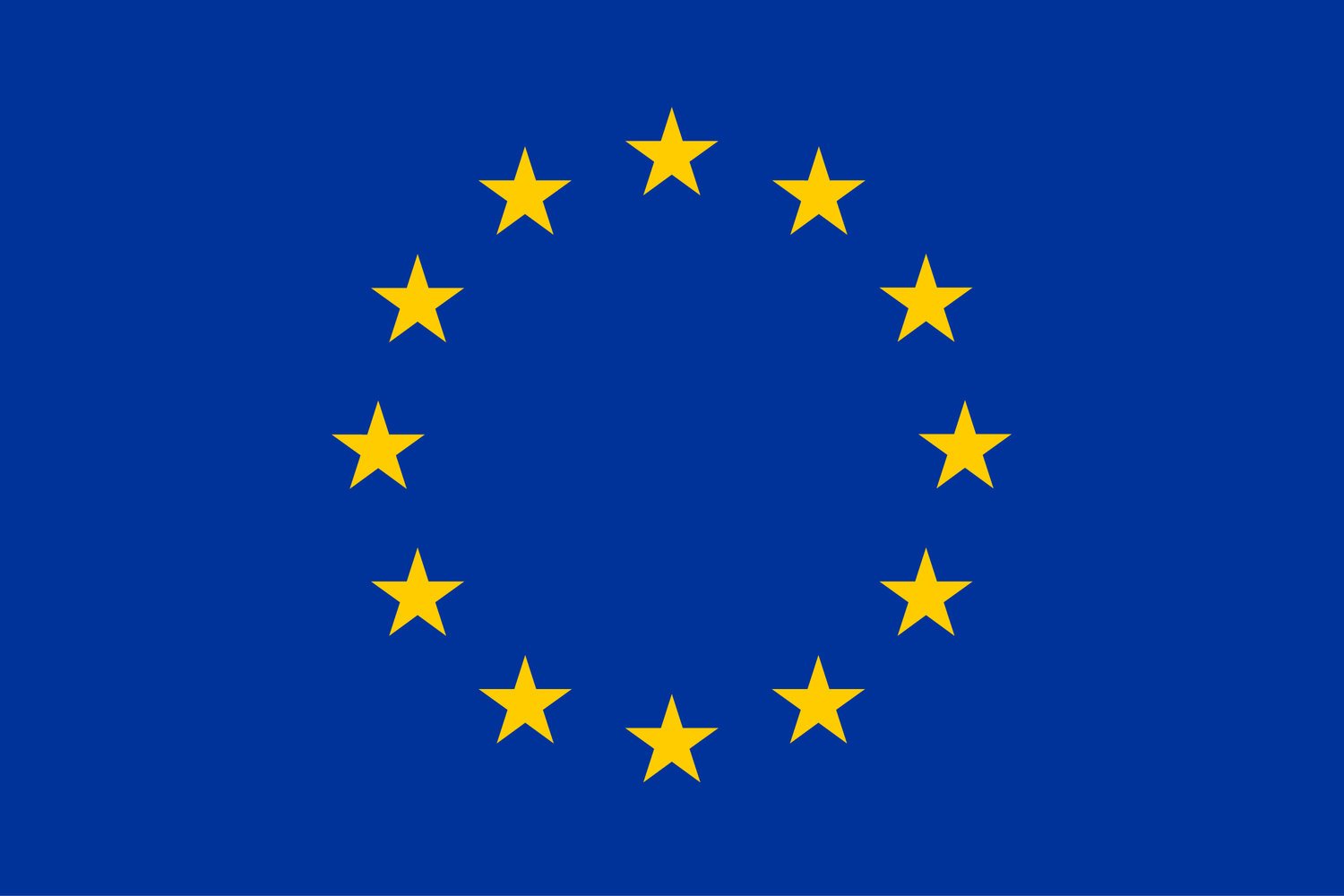FRESME
VALUE-ADDED STEEL MANUFACTURING
Carbon Recycling International (CRI) and a consortium of European industrial firms and research institutions were awarded an 11 million EUR grant under the EU’s Horizon 2020 program to implement CRI’s Emissions-to-Liquids technology in the Swerea MEFOS facility in Luleå, Sweden. The system module, which previously had been applied to a coal-fired powerplant in Germany under the MefCO₂ project, will be configured to convert residual blast furnace gases into methanol, underscoring the versatility of CRI’s solution.
Steel manufacturing is associated with a number of by-products, including carbon dioxide (CO₂) as well as more energy rich hydrogen gas which is typically used for steam and electricity production. Capturing and utilizing CO₂ and processing hydrogen from by-product streams eliminates the need for water-electrolysis in CRI’s ETL process. By enabling large-scale valorization of waste stream derived from steel manufacturing, FReSMe contributes to the increased competitiveness of the steel industry and reduced dependence on fossil fuels
The low carbon intensity methanol produced periodically in 2020 will be utilized by one of the consortium partners, Swedish ferry operator Stena which operates the world’s first methanol fuelled passenger ferry, the Stena Germanica. By virtue of its clean-burning combustion, methanol represents an optimal maritime fuel, with a potential to achieve CO₂ neutrality and significant reduction of other emissions harmful to the environment. Another benefit of methanol is its long history of safe handling and can be implemented with minor modification to current ship designs and fuel infrastructure with low cost relative to other clean fuel conversions.
In exhibiting a path to a closed carbon cycle by conversion of CO₂ into methanol, the FReSMe project further highlights the unique combination of scale, efficiency and economic value necessary to achieve large-scale carbon reduction targets offered by CRI’s Emissions-to-Liquids technology.
Key facts
11 million EUR Horizon 2020 grant
CO₂ utilisation from steel manufacturing in Sweden
Operational from 2019-2020
ETL adaptability to diverse CO₂ sources
ETL Valorisation of by-product hydrogen
Methanol as marine fuel
This project has received funding from the European Union’s Horizon 2020 research and innovation programme under grant agreement No 848757



